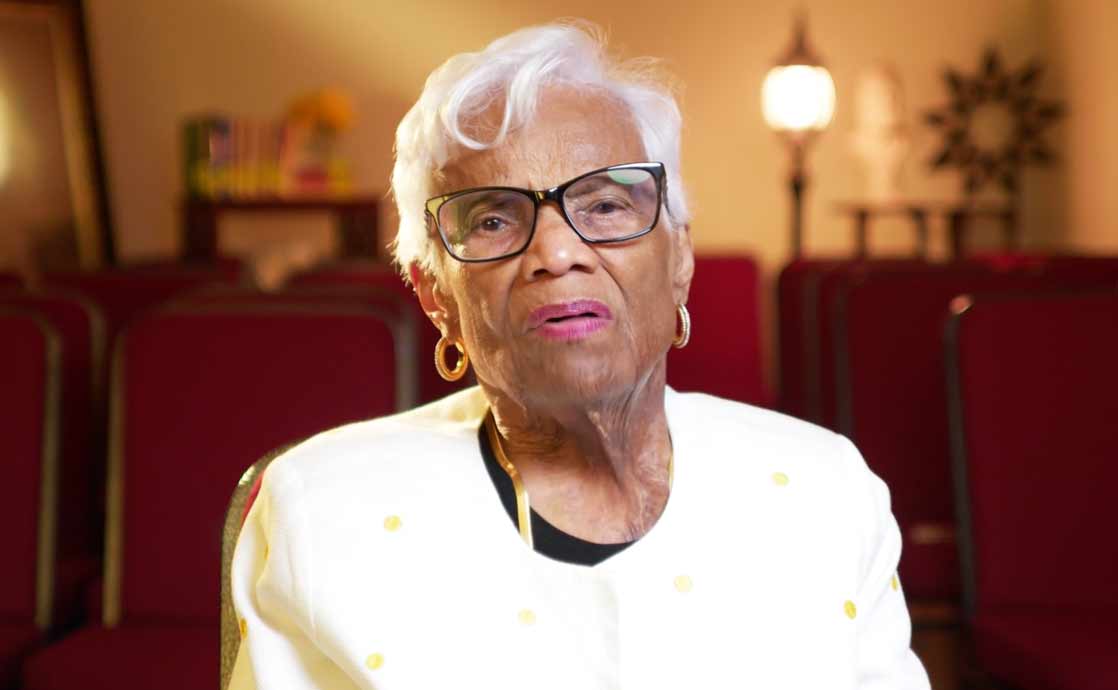In an increasingly interconnected world, the importance of positive race relations cannot be overstated. The Bahá’í Faith, a globally recognized religion founded in the mid-19th century, offers profound insights and guidance on how to foster harmonious relationships among diverse racial and ethnic groups. The Bahá’í teachings provide a framework for understanding the fundamental unity of humanity, advocating for the dissolution of racial prejudices and the establishment of just societies rooted in equality and mutual respect. This article embarks on an exploration of Bahá’í principles that inspire positive race relations, delving into their implications for individual conduct, community interactions, and societal structures.
One of the core tenets of the Bahá’í Faith is the recognition of the oneness of humanity. This principle posits that all human beings, irrespective of their race or background, are created equal. It emphasizes that diversity is a source of strength rather than a cause for division. By internalizing this fundamental understanding, individuals are encouraged to transcend superficial differences that often lead to stereotyping and discrimination. The concept of humanity’s collective identity invites a paradigm shift, prompting individuals to see one another as integral parts of a larger whole.
Moreover, the Bahá’í teachings highlight the necessity of education as a means to cultivate positive race relations. Education, in this context, is not merely confined to academic learning but extends to the moral and spiritual dimensions of human development. The Bahá’í writings advocate for the education of all individuals, particularly marginalized communities, as a means to eradicate ignorance—a primary source of prejudice and bias. By promoting educational initiatives that emphasize critical thinking and empathy, communities can foster environments where individuals learn to appreciate the richness of diversity. Such educational pursuits lay the foundation for constructive dialogue and understanding among different racial groups.
Additionally, the principle of justice is central to Bahá’í teachings regarding race relations. Justice, as conceived in this framework, transcends mere legalistic interpretations and encompasses social equity and moral responsibility. It urges individuals and communities to engage actively in the struggle against racial injustice and inequality. The pursuit of justice obligates Bahá’ís to confront systemic discrimination and advocate for policies that promote equal rights. This proactive stance is essential in dismantling the societal structures that perpetuate racism and exclusion, thereby nurturing an environment conducive to positive race relations.
An essential component of fostering harmonious race relations within the Bahá’í context is the importance of dialogue. Bahá’í communities around the world are encouraged to engage in meaningful discussions that bridge racial and cultural divides. Through dialogues that emphasize listening and understanding, individuals can share their experiences and perspectives, creating spaces where empathy flourishes. These conversations are instrumental in dismantling misconceptions and stereotypes that often inhibit cross-cultural interactions. By encouraging open and respectful exchanges, individuals can work collaboratively toward healing and reconciliation.
The Bahá’í approach to race relations also underscores the significance of service to humanity. In serving others, individuals can transcend racial divides and participate in initiatives that uplift all members of society. Bahá’í teachings assert that true service embodies selflessness and the commitment to the welfare of others, facilitating connections that foster unity. Volunteerism, community service projects, and collective actions aimed at alleviating social injustices serve not only to improve the lives of the marginalized, but also to dismantle the invisibility of difference and create bonds of solidarity among diverse groups.
Moreover, the notion of collective well-being is pivotal in realizing positive race relations. The idea that the advancement of one group is intertwined with the advancement of all emphasizes interdependence. This perspective highlights the importance of collaborative efforts to build inclusive communities where the needs and aspirations of all are acknowledged and met. When racial groups work together towards shared goals, it becomes evident that progress is not a zero-sum game. Rather, a just society is one in which each individual’s contribution is valued and recognized.
It is crucial for Bahá’ís to embody the principles they espouse, living out their commitment to fostering positive race relations through their actions. This embodiment requires continuous reflection and self-assessment regarding personal biases and privileges. Engaging in practices of humility and openness leads to authentic relationships and reinforces the collective commitment to justice and equality. By modeling the values of diversity and inclusion, individuals can inspire others to reflect on their own perceptions and foster a culture of respect.
Finally, the global nature of the Bahá’í community serves as a testament to the efficacy of these teachings in action. The diversity found within Bahá’í communities—encompassing a multitude of ethnicities, cultures, and backgrounds—reflects the potential for unity amidst diversity. Such a model challenges prevailing societal narratives that often emphasize division and conflict. The Bahá’í experience provides an illustrative example of how the faithful commitment to principles of equality and justice can manifest in tangible ways, fostering environments where positive race relations thrive.
In conclusion, the Bahá’í teachings inspire positive race relations through their profound principles advocating for the oneness of humanity, the importance of education, and the relentless pursuit of justice. By engaging in dialogue, serving others, and embodying these values, individuals and communities can cultivate environments that celebrate diversity and promote mutual understanding. To acknowledge and act on these teachings is to embrace a future characterized by inclusion, respect, and unity—one where the beauty of human diversity is celebrated rather than feared.
